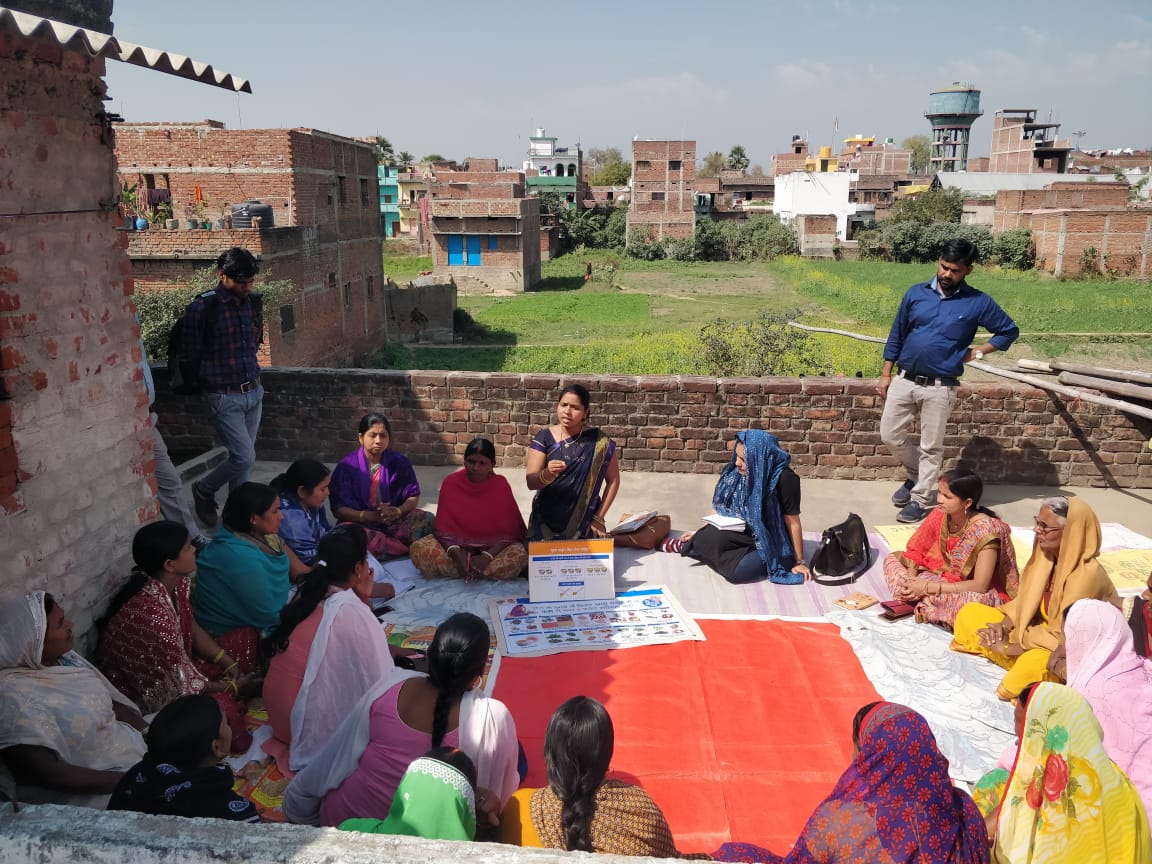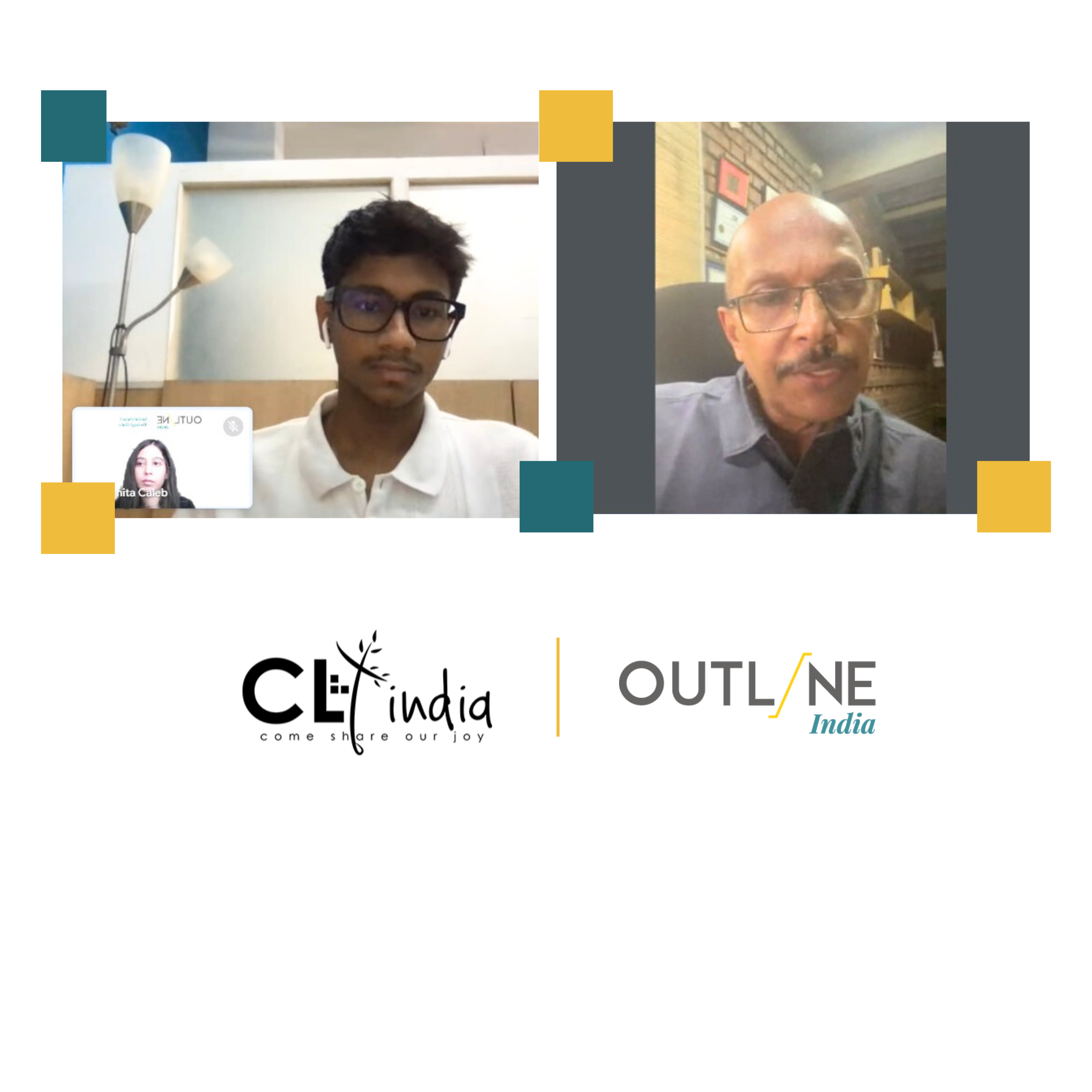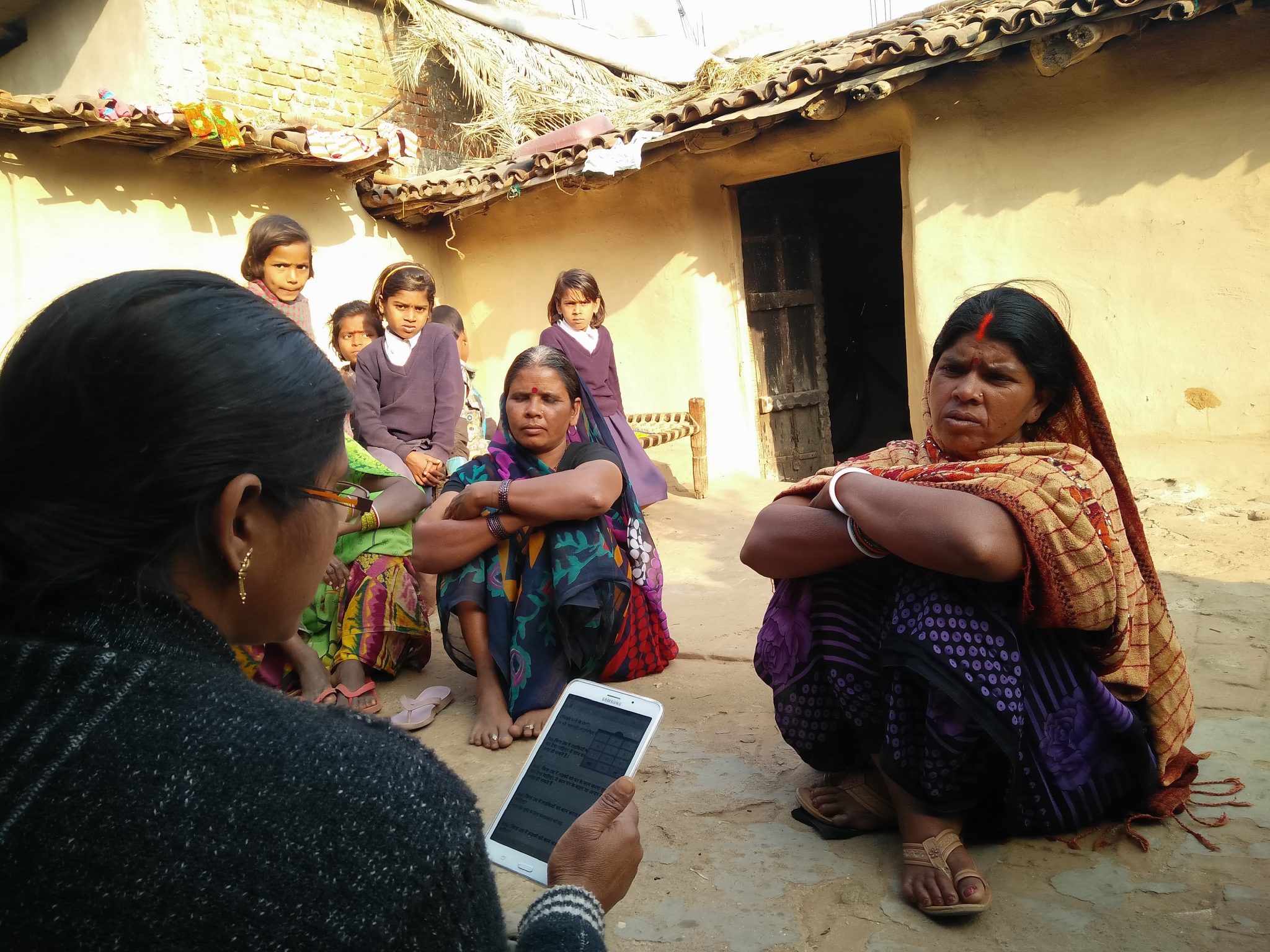Blog Details
Democracy as a system of governance is supposed to allow extensive representation and inclusiveness of people from diverse backgrounds and perceptions to feed into the functioning of a fair and just society. The definition of democracy could only be understood if it is defined in social and individual contexts which government provides its citizens through the plans, programs, policies and schemes.
Democratic ideals represent various aspects of the broad idea of “government of the people, by the people and for the people.” India is proud to be the largest democracy in the world. For more than sixty-five years, we have witnessed the conduct of successful elections, peaceful changes happening at the Centre and in the States, people exercising their rights and performing their civic duties. At the same time, we quite often experience rampant inequalities, injustice or nonfulfillment of social expectations.
Today, people believe that the government is unable to fulfill their expectations. In the last decade, many incidents took place which led to unrest among civilians. In July 2018 Union health Secretary, CK Mishra made an honest acknowledgement stating that there are serious problems with India’s public health statistics.
He also mentioned that the data from the latest round of the National Family Health Survey (NFHS-4) which is the major source for detailed health statistics in India, conducted under the umbrella of the Ministry of Health and Family Welfare (MoHFW), itself is unreliable for certain states.
On top of that, the Health Management Information System (HMIS), which Mishra assumed as “a data mine” is not being effectively used. “We use very little of it in the planning process” due to lack of expertise to read and understand the data, he stated.
The health secretary’s statement raises concerns: how can the country formulate evidence-based policy or plan wisely for the future without credible data? Also, a recent paper by the Health Team of the National Institute of Public Finance and Policy, New Delhi, found that the country’s health data was unreliable, irregularly published, and failed to cover a broad-enough population. And such problems are not restricted to the health sector alone. The entire Indian data ecosystem needs improvement.
The debate over the unimpeachable India’s data, GDP and other statistics related to Economics, remains unsettled. Unemployment is a major challenge for the Government and it is a key socio-economic concern. Thus, economists cannot measure the problem’s magnitude because they do not have credible figures and surveys. India’s agricultural statistics have also come under the scanner. Talking about crime and all the aggregated DATA collected from FIRs, no official CRIME VICTIMIZATION SURVEYS have been instituted yet but discussions are happening around the corners. Official data sets are required for understanding situations or issues. Thus, every data set comes with warning that must be considered while making interpretations. But, Indian data sets are unable to meet standard expectations. The digitized world of today is producing data at a pace that is unprecedented in human history. It is estimated that today more than 3 billion people are connected to the internet (compared to only 2.3 million people in 1990). Access to internet has led to the rise of big data analytics, commonly defined using the four Vs: volume, variety (of sources), velocity (effectively around the clock) and veracity (given abundance, quality assurance becomes key).
If used effectively, big data analytics can be a powerful tool. It has the same performance enhancement potential for the public sector in terms of better policies, more tailored government services, and more effective and efficient distribution of resources. It can also lead to negative outcomes if used incorrectly, in addition to the much-discussed issue of privacy.
To begin with, there isn’t enough data. The data that does exists is mostly unreliable but is being used because there is no alternative. Several important data sets are released with a huge time lag. Others are missing granular low-level estimates. Even if such estimates are present, they are not always used for policy making or governance. Even when data sets are good and people want to use them, only a few people can understand how to work with them and use them for findings, analysis or recommendations. All these shortcomings amount to a failed Indian statistical ecosystem that falls short of the needs of the world’s largest democracy. The problem arises because government employs less enumerators and internal staff. Therefore, the government sector must sign a contract or MoU with private agencies engaged in Data based research.
Experts say that technology can be leveraged to improve data collection systems. PRIVATE DATA COLLECTION agencies are already making use of apps and tools to conduct surveys electronically, rather than on paper. For this, Outline India has developed an app, popularly known as, Track your Metrics (TYM) which is a simple tech-based solution, a self-reporting tool drawn from the works of sectoral leaders and internationally recognized bodies. The platform comes with pre-loaded survey questions to match your study objectives. TYM is all-in-one platform and application which allows survey formulation, data collection, data monitoring, outcome and impact evaluation.
While working with the government and various non-profits, I found that many of its trainees have never used a smartphone. Data collection technology must be made simple, and appropriate training must be conducted, so that people are able to use it without much trouble. “Thus hit-and-miss approach is not acceptable for data that form the core of our policy-building process.”








David Angel Makel
IT ConsultantIt is a long established fact that a reader will be distracted by the readable content page looking at its layout point of using normal